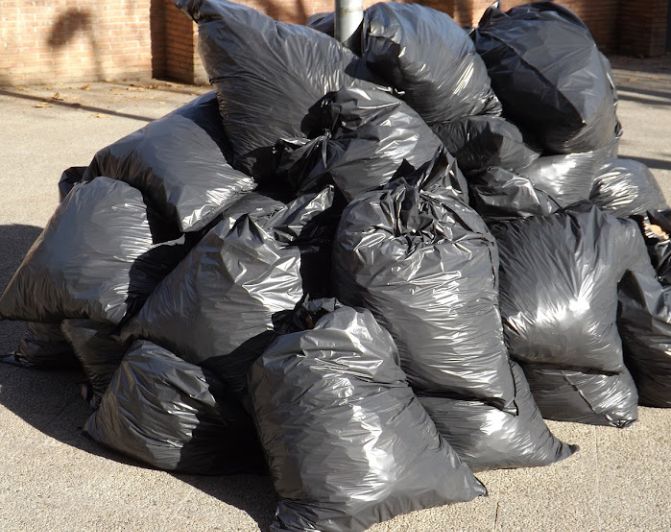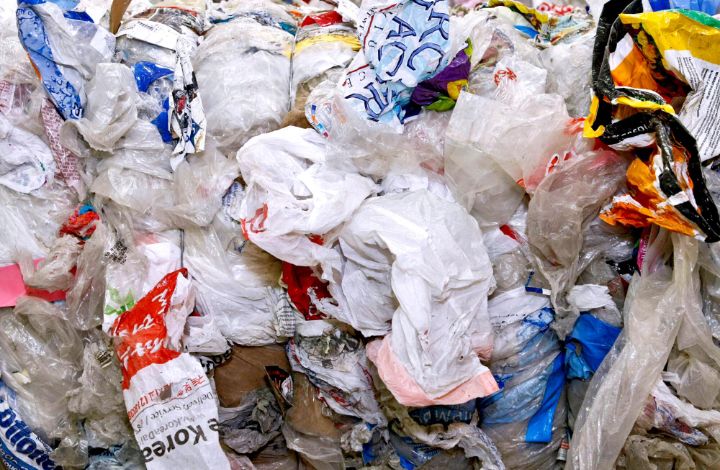
In a recent announcement, the National Environment Management Authority (NEMA) of Kenya has introduced a ban on the use of plastic bags for collecting and disposing of garbage. According to a notice issued on April 8, Kenyans have been given a 90-day grace period to cease the use of plastic bags from the date of the notice.
The notice stated, “To ensure environmentally sound management of the organic waste fraction, the Authority directs that within 90 days from the date of this notice, the use of conventional plastic bags/bin liners for the collect upon of organic waste shall cease forthwith.”
NEMA has further mandated that all garbage must be carried in biodegradable garbage bags. This directive applies to both county governments and private waste service providers licensed by NEMA, who are required to supply their clients with 100% biodegradable bags.

“All organic waste generated by households, private sector and public sector institutions, private and public functions and events, shall strictly be segregated and placed in 100% biodegradable garbage bags/bin liners only,” stated NEMA.
This decision aligns with Section 12 of the Sustainable Waste Management Act, 2022. The section specifies that all public and private entities must segregate non-hazardous waste into organic and non-organic fractions, and the segregated waste should be properly labeled and placed in color-coded receptacles, bins, containers, and bags. Additionally, waste service providers are responsible for collecting, handling, and transporting segregated waste.
This move comes seven years after the Kenyan government initially imposed a ban on the manufacture, importation, and use of plastic carrier bags for commercial and household packaging. The extension of the plastic bag ban to include garbage collection highlights Kenya’s commitment to environmental sustainability and underscores the importance of responsible waste management practices.




